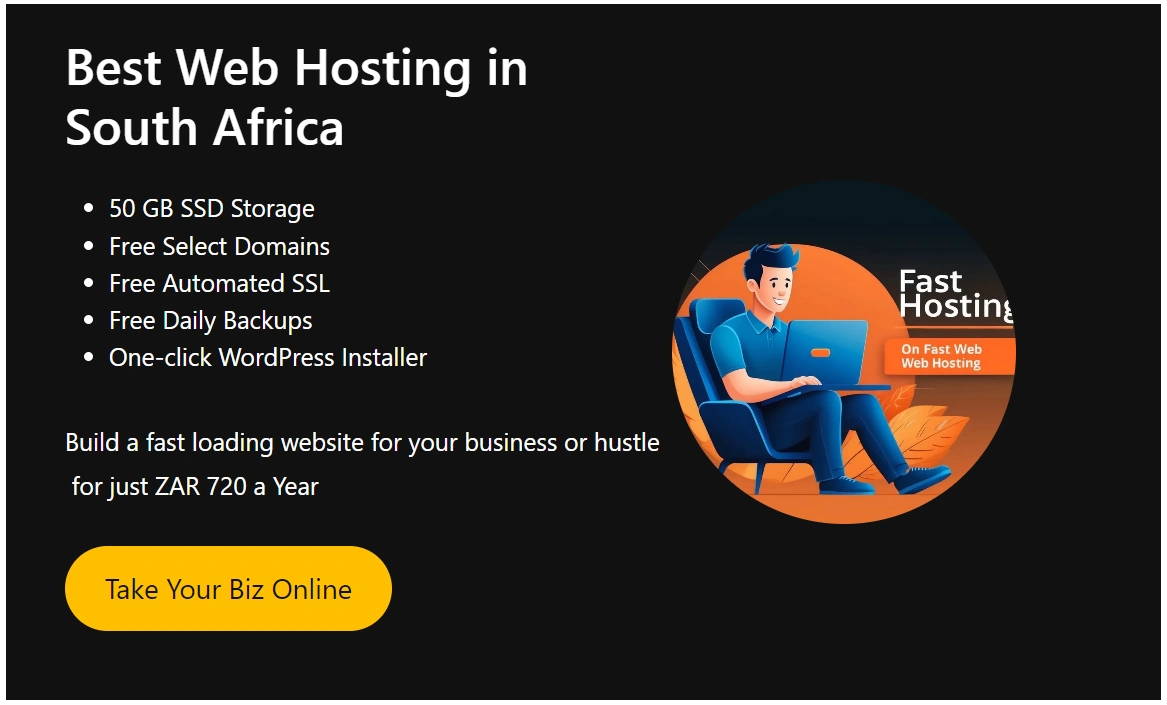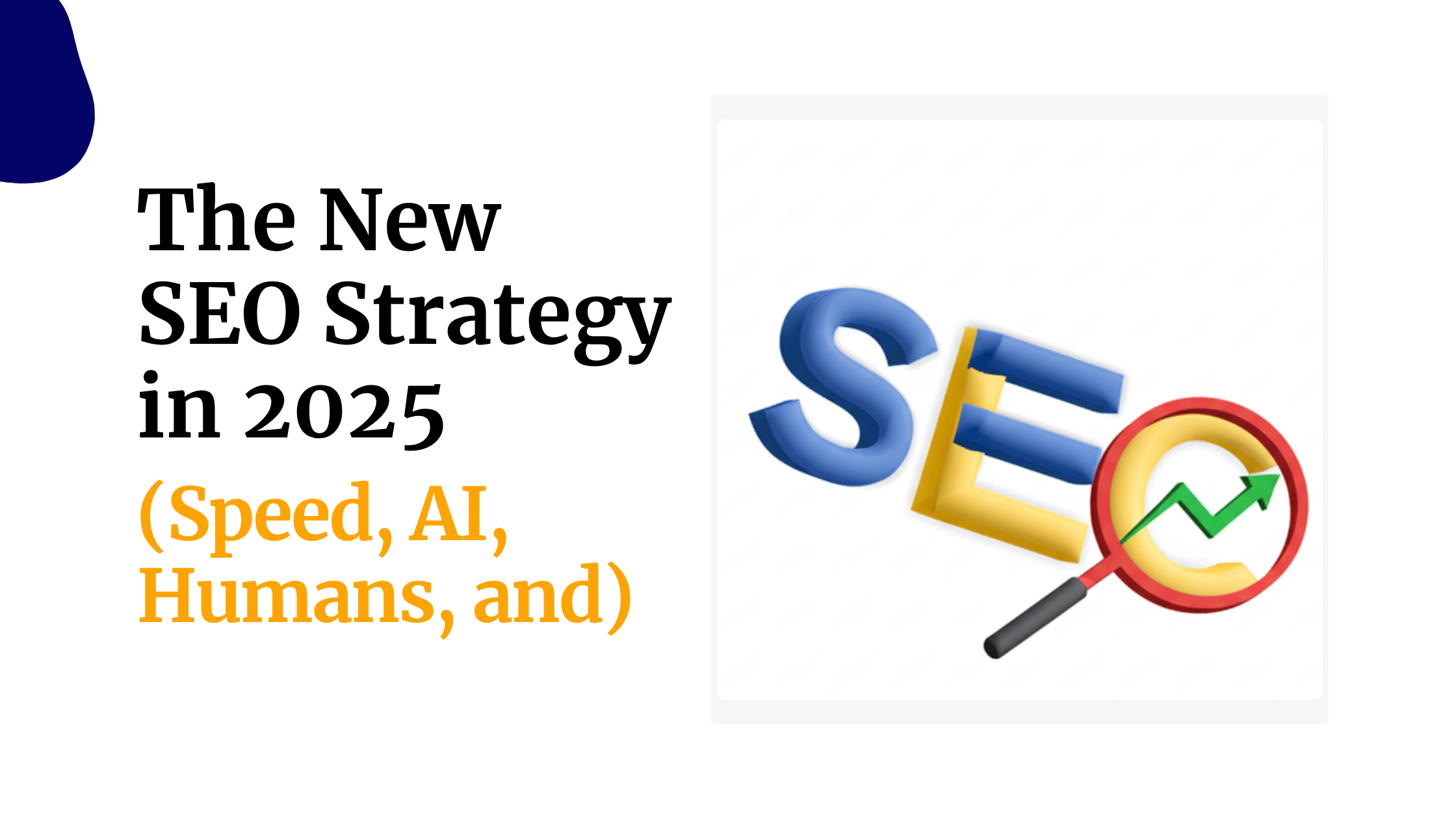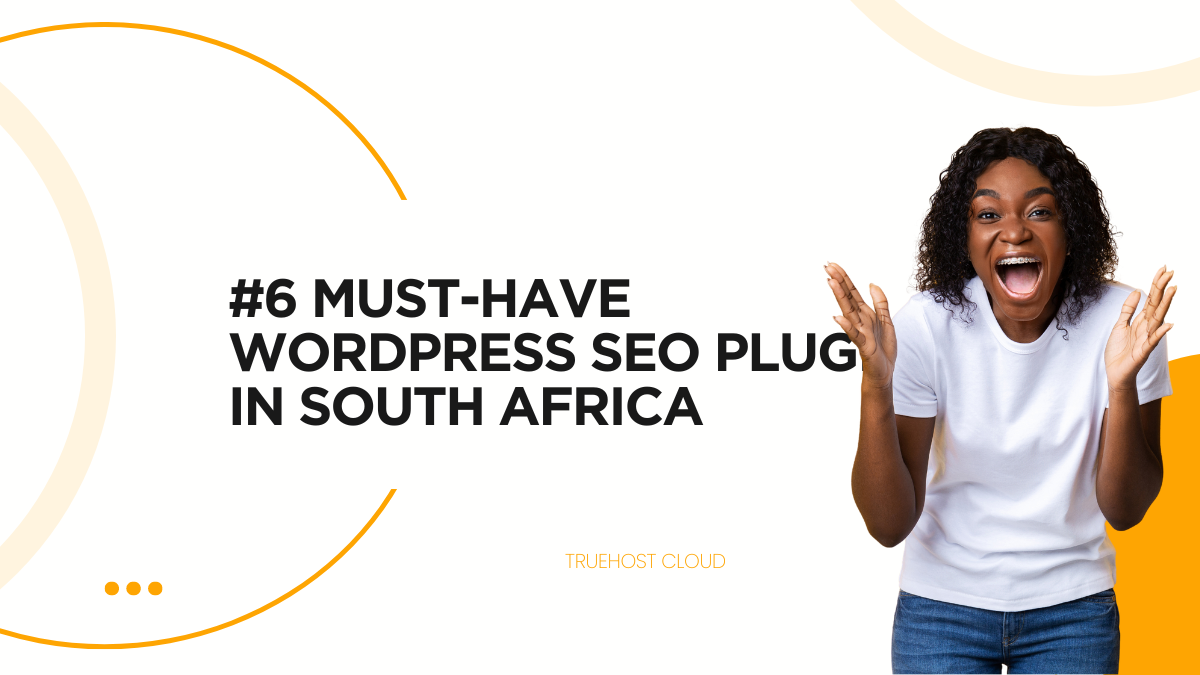In the competitive landscape of online business, having a strong digital identity is paramount to success.
In South Africa, where the digital market is thriving, businesses need to master the art of online business branding to stand out from the crowd and connect with their target audience effectively.
This article explores the key strategies and best practices for creating a compelling digital identity and mastering online business branding in South Africa.
Related: Be in the Know: Online Business Trends Sweeping South Africa
Table of Contents
Understanding Online Business Branding
Before diving into the intricacies of online business branding, it’s essential to understand what it entails. O
nline business branding refers to the process of creating a unique and cohesive brand identity that resonates with the target audience in the digital realm.
It encompasses various elements such as logo design, brand messaging, and tone of voice, which collectively shape the perception of a business in the online sphere.
Elements of a successful digital identity include a visually appealing logo, a compelling brand narrative, and consistent brand messaging.
These elements work together to create a memorable and recognizable brand that leaves a lasting impression on the audience.
Conducting Market Research
To create a strong digital identity, businesses must start by conducting thorough market research.
This involves identifying the target audience and market segments, analyzing competitors’ branding strategies, and gathering insights into consumer behavior and preferences.
By understanding the market landscape, businesses can tailor their branding efforts to effectively capture the attention and loyalty of their target audience.
Developing a Compelling Brand Story
A brand story forms the foundation of a strong digital identity. It reflects the core values, mission, and unique selling proposition of a business.
To develop a compelling brand story, businesses need to define their brand values and mission statement. This helps establish a sense of purpose and authenticity, enabling the audience to connect with the brand on a deeper level.
Crafting a unique brand narrative involves storytelling techniques that engage and resonate with the target audience.
Communicating the brand story effectively through digital channels can forge an emotional connection with their audience, fostering brand loyalty and advocacy.
Designing a Memorable Logo and Visual Identity
A visually appealing logo is an integral part of online business branding. It serves as the visual representation of a brand and should be carefully designed to reflect its personality and values.
When designing a logo, businesses should consider factors such as color psychology, typography, and imagery that align with the brand identity.
Consistency is key when it comes to visual identity.
From the logo to website design and social media graphics, all visual elements should maintain a cohesive look and feel. This creates a sense of professionalism and helps build brand recognition among the target audience.
Creating Consistent Brand Messaging
In addition to visual identity, brand messaging plays a crucial role in online business branding.
It involves defining the brand voice and tone, developing key brand messages and taglines, and ensuring consistency in communication across all touchpoints.
A well-defined brand voice and tone contribute to the overall personality of the brand. Whether it’s a friendly and informal tone or a professional and authoritative voice, businesses need to align their messaging with their target audience and brand positioning.
Consistency in brand messaging helps build trust and reinforces the brand’s values and promises.
Building an Engaging Website
A business website serves as the digital storefront and is often the first point of contact for potential customers.
Designing a user-friendly and visually appealing website is crucial for online business branding. It should incorporate the brand elements such as colors, typography, and imagery to create a seamless brand experience.
Optimizing the website for search engines and user experience is equally important.
Implementing SEO best practices and ensuring fast loading times can improve your online visibility and enhance user satisfaction.
A well-designed and optimized website helps create a positive brand impression and encourages visitors to engage further with the business.
Leveraging Social Media for Brand Promotion
Social media platforms offer businesses in South Africa a powerful avenue to promote their brand and engage with the target audience.
However, it’s crucial to choose the right platforms that align with the target audience demographics and preferences.
Developing a solid content strategy is key to building a strong online presence on social media.
Creating valuable and shareable content that resonates with the target audience can help establish yourself as thought leader and industry expert.
Engaging with the audience, responding to comments, and actively participating in conversations helps foster brand loyalty and strengthen the digital identity.
Harnessing the Power of Content Marketing
Content marketing plays a vital role in online business branding.
Creating valuable and relevant content can position your business as a trusted source of information and establish their authority in the industry.
Content can take various forms, such as blog posts, videos, infographics, and podcasts, catering to the preferences of the target audience.
Incorporating brand messaging into content ensures that the brand’s core values and personality shine through. Consistency in content delivery helps reinforce the brand identity and establishes a strong association between the brand and its industry niche.
Distributing content through various channels and platforms expands the brand’s reach and attracts a wider audience.
Engaging with Influencers and Partnerships
Collaborating with influencers and forming partnerships with relevant businesses or organizations can significantly boost online business branding efforts.
Influencers have a dedicated following and can help businesses reach their target audience more effectively.
By partnering with influencers who align with their brand values, businesses can leverage their influence and tap into new market segments.
Partnerships can also provide opportunities for cross-promotion and co-creating content, thereby expanding brand visibility and attracting new customers.
Building strong relationships with influencers and partners helps establish credibility and enhances the brand’s reputation in the digital landscape.
Monitoring and Measuring Brand Performance
To ensure the effectiveness of online business branding efforts, it’s essential to monitor and measure brand performance.
This involves tracking brand mentions and online reputation, analyzing website traffic and engagement metrics, and gathering customer feedback.
Monitoring brand mentions and online reputation can help to proactively manage your brand image and address any negative sentiment or customer concerns promptly.
Analyzing website traffic and engagement metrics provides insights into the effectiveness of branding strategies and helps identify areas for improvement.
Data-driven decision-making ensures that branding efforts are aligned with business goals and yield measurable results.
Adapting to Changing Market Trends and Consumer Behavior
The digital landscape is dynamic, with market trends and consumer behavior constantly evolving.
Successful online business branding requires staying updated with the latest digital marketing and branding trends.
Businesses need to embrace emerging technologies, platforms, and strategies to remain relevant and competitive in South Africa’s online market.
Monitoring shifts in consumer behavior and preferences is equally important.
By understanding the changing needs and expectations of the target audience, businesses can adapt their branding strategies and deliver a personalized brand experience.
Flexibility and agility in adjusting brand identity and messaging ensure that businesses remain at the forefront of the digital market.
Case Studies: Successful Online Business Branding in South Africa
Examining real-life examples of successful online business branding in South Africa provides valuable insights and inspiration.
The following case studies highlight the strategies, challenges, and outcomes of businesses that have mastered the art of digital branding.
Example 1: Redefining Hotel Marketing: Red Roof Inn’s Mobile Search Strategy
Red Roof Inn, a well-known economy hotel chain in the United States, has implemented an innovative approach to enhance its online presence and outperform larger competitors in search engine rankings.
Leveraging targeted search advertising during peak highway congestion periods, the brand has successfully captured the attention of weary travelers seeking accommodation in specific areas.
Through its Flight Tracking Tool technology, Red Roof Inn continuously monitors interstate traffic and dynamically updates its paid search campaigns to display customized content.
The results speak for themselves—an impressive 225% increase in room bookings and a remarkable 400% conversion rate. For more details about this highly successful campaign, delve into the full story here.
Example 2: Driving Road Safety: The Automobile Club of Romania’s Innovative App
The Automobile Club of Romania took an innovative and non-patronizing approach to influence driver behavior and promote road safety.
Collaborating with Publicis Romania, the club launched a unique app called “Mr Bear Driver.”
Designed for children to engage with during car rides, the app tracks the car’s speed and cross-references it with Google Maps to determine adherence to speed limits.
If the vehicle exceeds the speed limit by more than 10km/h, the game alerts the player, deducts points, and eventually ends the game.
This creative initiative reached an impressive 25% of the Romanian population and is set to expand to other countries.
Moreover, it has successfully contributed to reducing speeding incidents and fostering safer driving habits.
Example 3: Love and Real Estate: Daykio Plantations’ Valentine’s Day Campaign
In an exceptional Valentine’s Day campaign, Daykio Plantations, a renowned real estate company in Kenya, encouraged Kenyans to express their love by purchasing plots of land for their loved ones during the month of love.
Spearheaded by Dotsavvy in Kenya, the digital campaign, titled ‘Mshtue Na Plot,’ utilized Facebook and Google Ads to capture the attention of the target audience.
As a result, Daykio Plantations experienced significant growth in the reach of its Facebook Page throughout February, successfully drawing the interest of the Kenyan diaspora in the United States.
Additionally, the campaign offered an enticing 5% discount on real estate purchases and the chance to win a romantic dinner for two at a prestigious five-star hotel.
Example 4: A Savings Revolution: The NMB Wajibu Savings Account
In Tanzania, the National Microfinance Bank (NMB) aimed to foster a savings culture among parents and children by introducing a range of accounts.
Collaborating with the hybrid agency AIM, NMB developed an archetype named Johari—a nine-year-old girl who embodied the ideal consumer.
Employing Facebook as the primary media platform, AIM crafted a hero content piece featuring Johari, complemented by a series of episodic content.
This digital-focused campaign provided measurable results and facilitated the demonstration of return on investment (ROI).
Remarkably, within a mere four-month period, NMB witnessed the opening of 9,500 new accounts—an impressive achievement within the Tanzanian market.
Example 5: Infectious Car Sales: Bidvest McCarthy’s ‘Cartagious’ Campaign
To combat the mid-year slump in car sales during the 2016 flu season in South Africa, Bidvest McCarthy launched a captivating campaign known as ‘Cartagious.’
The campaign unfolded in three phases—Cartagious, Epidemic, and Outbreak—leveraging the reach of popular social media platforms including Facebook, Twitter, and Instagram, in addition to an in-store component.
CBR Marketing Solutions, responsible for the campaign, utilized the precise targeting capabilities of these social media platforms to reach specific regional audiences with corresponding lifestyles.
As a result, the campaign generated an impressive 7,500 leads and led to the sale of over 1,000 cars.
Conclusion
Mastering online business branding in South Africa is crucial for businesses aiming to thrive in the digital landscape.
Understanding the elements of online business branding, conducting market research, and developing a compelling brand story, businesses can craft a digital identity that resonates with their target audience.
Designing a memorable logo and visual identity, creating consistent brand messaging, and building an engaging website are essential steps in establishing a strong digital presence.
Leveraging social media, content marketing, influencers, and partnerships helps businesses expand their brand reach and engage with their audience effectively.
Monitoring brand performance, adapting to market trends, and embracing changing consumer behavior ensure that businesses remain competitive and relevant.
Learning from successful case studies and implementing best practices, businesses can master online business branding and create a lasting impact in South Africa’s digital market.
 Web Hosting
Web Hosting Windows HostingBuilt for Windows apps and websites – stability, speed and flexibility
Windows HostingBuilt for Windows apps and websites – stability, speed and flexibility Reseller HostingLaunch a hosting business without technical skills or expensive infrastructure
Reseller HostingLaunch a hosting business without technical skills or expensive infrastructure Affiliate ProgramRefer customers and earn commissions from sales across our platform
Affiliate ProgramRefer customers and earn commissions from sales across our platform Domain SearchFind and secure a domain name in seconds with our quick lookup tool
Domain SearchFind and secure a domain name in seconds with our quick lookup tool CO ZA Domains
CO ZA Domains All DomainsExplore domain names from over 324 TLDs globally – all in one place
All DomainsExplore domain names from over 324 TLDs globally – all in one place Free Whois Lookup Tool South Africa
Free Whois Lookup Tool South Africa VPS
VPS SSLs
SSLs









